Understanding Online Mental Health Support
The advent of digital technology has revolutionized access to mental health care, offering confidential, versatile, and accessible services that cater to a broad spectrum of needs. With an increasing number of platforms providing virtual therapy, crisis support, and community resources, individuals can seek help discreetly from the comfort of their homes. This article explores the landscape of online mental health programs, focusing on confidentiality, service diversity, operational efficacy, access points, cost considerations, and resource availability.
Overview of Online Mental Health Programs and Confidential Protections
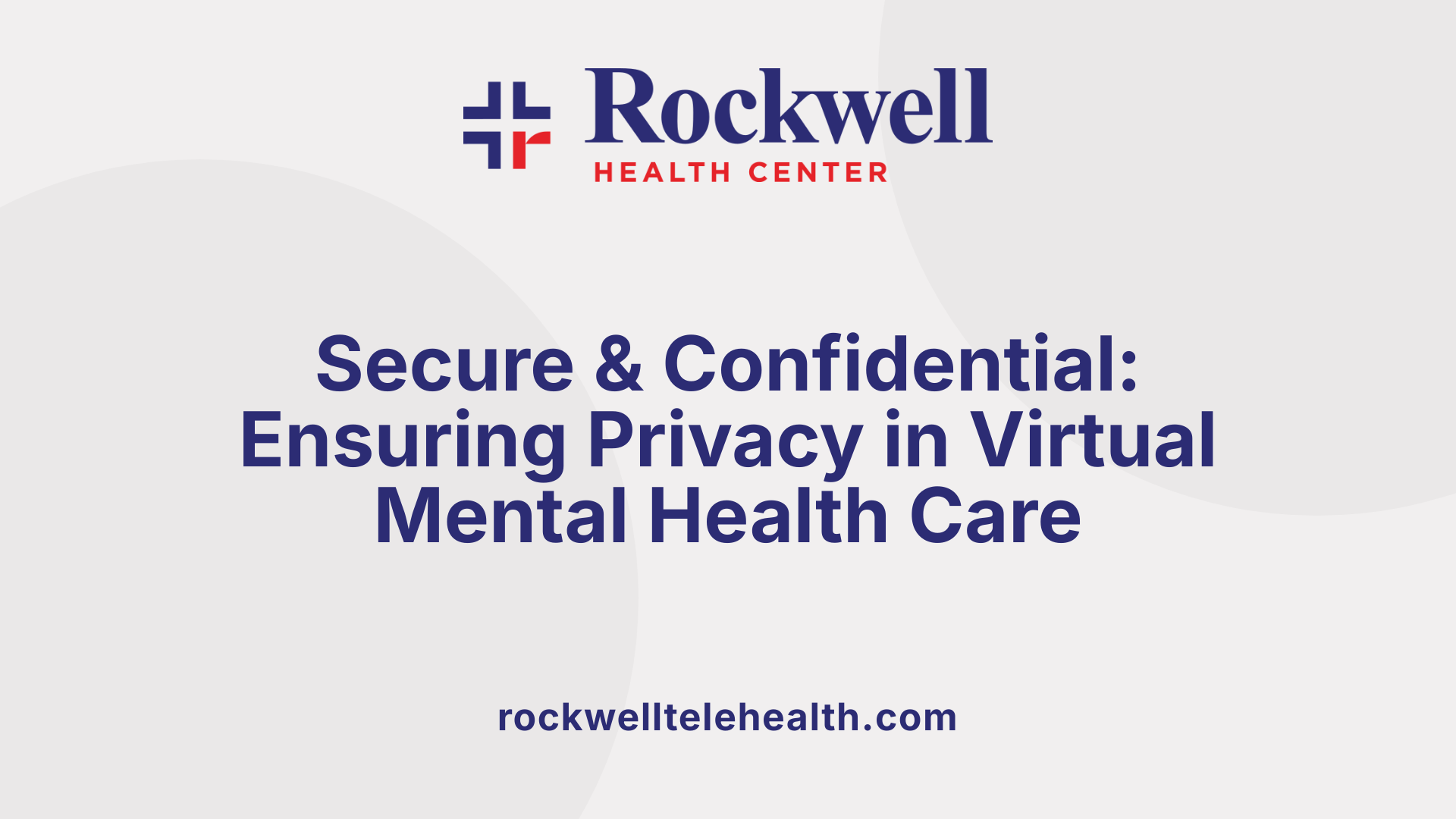 Online mental health programs are digital platforms that provide various mental health services remotely. These services often include therapy, counseling, medication management, crisis intervention, and peer support, accessible through video calls, messaging apps, phone sessions, and other virtual formats. They aim to increase access to mental health care by removing geographical and logistical barriers, making support available wherever users have an internet connection.
Online mental health programs are digital platforms that provide various mental health services remotely. These services often include therapy, counseling, medication management, crisis intervention, and peer support, accessible through video calls, messaging apps, phone sessions, and other virtual formats. They aim to increase access to mental health care by removing geographical and logistical barriers, making support available wherever users have an internet connection.
Examples of the services offered in these programs include individual therapy for issues such as depression, anxiety, and trauma, couples counseling, support groups for specific issues like LGBTQ+ concerns or grief, and crisis support via text or chat platforms. For instance, services like Teladoc Health, 7 Cups, Amwell, and Talkspace provide tailored mental health care, often with licensed professionals, and incorporate features like scheduling flexibility, anonymous access, and multi-language support.
Confidentiality protections are fundamental in online mental health services. Most reputable platforms implement secure and encrypted communication channels to protect user data from unauthorized access. Many services are HIPAA-compliant, adhering to strict privacy standards designed to safeguard health information, and employ data security measures such as password protection, two-factor authentication, and secure servers.
Despite these protections, privacy risks can still arise. Data shared via emails, texts, or stored on cloud services may be vulnerable to hacking or breaches if security protocols are not rigorous. Some apps may share user data with third parties or lack transparency about their privacy practices. Users are advised to use secure, encrypted tools and verify that providers follow privacy policies aligned with legal safeguards like the HIPAA Privacy Rule.
While legal protections do exist, coverage varies. The HIPAA Privacy Rule provides safeguards for protected health information (PHI), but many mental health apps and platforms are not fully regulated under these laws. Consequently, users must be vigilant about their privacy, especially when using third-party apps or devices, and advocate for higher privacy standards in digital health privacy policies.
In summary, online mental health programs offer convenient, accessible, and often effective support, but confidentiality depends on the platform’s security measures and compliance with privacy laws. Staying informed about privacy policies and choosing trusted providers can help users protect their sensitive information while accessing vital mental health services.
Varieties of Virtual Mental Health Services
Online mental health support encompasses a wide range of services designed to meet diverse needs. Patients can access individual, couples, family, or group therapy sessions, often through secure video calls, phone conversations, or instant messaging platforms.
Therapists and psychiatrists provide specialized care including medication management, diagnosis, and tailored treatment plans. Popular therapeutic models delivered online include cognitive behavioral therapy (CBT), dialectical behavior therapy (DBT), eye movement desensitization and reprocessing (EMDR), and other evidence-based approaches that target issues like anxiety, depression, PTSD, and ADHD.
Besides therapy, crisis support is readily available through helplines and chat services. Platforms like the Crisis Text Line offer confidential, 24/7 assistance via text, connecting individuals with trained volunteers or professionals instantly.
Many digital platforms also offer self-help resources, educational tools, and peer support through moderated forums or support groups for specific issues such as LGBTQ+ concerns, substance use, or grief.
The convenience of virtual services makes mental health care more accessible, especially for those in remote areas or with busy schedules. While highly effective for many, these services might face limitations for individuals needing intensive or in-person treatment.
Types of Services Available
| Service Type | Description | Support Modalities | Specializations |
|---|---|---|---|
| Individual Therapy | Personalized sessions with licensed therapists | Video, phone, chat | Anxiety, depression, trauma |
| Couples & Family Therapy | Support focused on relationships | Video, in-person | Relationship issues, family conflicts |
| Group Therapy | Peer-supported sessions | Video, chat | PTSD, addiction, emotional regulation |
| Psychiatry & Medication Management | Medical assessment and prescriptions | Video, phone | Schizophrenia, bipolar disorder |
| Crisis Support Lines | Immediate help for emergencies | Text, phone | Suicidal thoughts, crisis intervention |
| Self-Help Resources | Educational tools and support groups | Web content, forums | General mental well-being |
Using these online services, individuals gain discreet, flexible support that can be accessed from almost anywhere, often at lower costs than in-person clinics. As technology advances, the scope and quality of virtual mental health care continue to expand, making mental health support more reachable for all.
Operational Effectiveness and Impact of Online Programs
How do online mental health programs operate, and are they effective?
Online mental health programs function through secure, user-friendly digital platforms that connect individuals with licensed mental health professionals. These platforms often support various modes of communication, including live video sessions, chat messaging, and audio calls. Patients can select mental health providers who match their specific needs based on factors like gender, language, and clinical specialization, facilitating tailored support.
Services are typically available 7 days a week, offering flexibility for users to access support at their convenience. First appointments with psychiatrists usually last around 45 minutes, with follow-up visits often taking about 15 minutes, primarily focused on medication management. Therapy sessions and support groups are accessible from home, promoting confidentiality and privacy.
Research shows that these online interventions are generally effective for common mental health issues such as anxiety and depression. Numerous studies, including meta-analyses, demonstrate medium to large effect sizes, indicating significant symptom improvement comparable to in-person therapy.
However, some limitations exist. For instance, the absence of non-verbal communication cues and potential technical glitches can impact the therapeutic rapport. Despite these challenges, organizational strategies like professional training, blended care models combining digital and in-person sessions, and engaging digital tools can enhance outcomes.
In conclusion, online mental health programs operate effectively by providing accessible, confidential, and personalized care. Evidence supports their efficacy across various conditions, making them a valuable component of modern mental health services, although ongoing research remains important to refine and optimize these digital interventions.
Access, Utilization, and Privacy of Online Services
How can individuals access and utilize confidential online mental health services?
People seeking mental health support can connect with various online platforms designed for privacy and convenience. These services are accessible through dedicated websites and mobile apps that host licensed professionals such as therapists, psychiatrists, and counselors.
To get started, users usually create an account and verify their identity to protect privacy. They may need to submit insurance details or choose pay-as-you-go options, allowing for accessible care even without insurance coverage.
Once registered, patients can select from a range of communication methods including secure video calls, phone sessions, and encrypted messaging. Platforms adhere to HIPAA regulations to ensure all interactions remain confidential.
Features like unlimited messaging, quick therapist switches, and flexible scheduling enhance user experience. They enable individuals to tailor their mental health care to personal needs and schedules.
For optimal utilization, it’s recommended that users have a stable internet connection and a private, quiet space. This setup helps maintain confidentiality and ensures effective engagement with mental health professionals.
Overall, online mental health services provide a discreet, accessible, and flexible way for individuals to seek support from the comfort of their homes.
Costs, Insurance, and Resources in the Digital Mental Health Arena
The landscape of online mental health services offers a range of cost structures and insurance options tailored to meet diverse needs. For many platforms, the cost per session can be significantly reduced through insurance coverage, making mental health care more accessible and affordable.
Numerous providers such as Talkspace, Amwell, and BetterHelp partner with major insurance companies including Aetna, Cigna, UnitedHealthcare, and Blue Cross Blue Shield. These partnerships often allow insured patients to pay little to nothing out-of-pocket, sometimes as low as $0 per session, by utilizing in-network benefits. Insurance plans that cover telehealth typically offer unlimited or multiple sessions via live video, messaging, or audio, helping patients receive continuous support.
For individuals without insurance or those seeking more flexible options, paid services are available at varying prices. On average, costs can range from $0—if covered by insurance—to approximately $134 per session, depending on the platform and the type of therapy or psychiatrist accessed.
Many platforms facilitate easy payments through out-of-pocket methods or health savings accounts (HSAs) and flexible spending accounts (FSAs), providing financial flexibility and convenience. It remains crucial for patients to verify their specific insurance benefits and coverage limits directly with their provider and the online platform to avoid unexpected costs.
Understanding these options can help individuals choose the best-fit service that balances affordability with quality care. Whether through insurance or direct payment, the expanding digital mental health market aims to make professional support more affordable and accessible than ever before.
| Provider | Typical Cost per Session | Insurance Coverage | Additional Notes |
|---|---|---|---|
| Talkspace | $0–$134 | Yes, with major insurers, FSA, HSA | Offers messaging, video, and live sessions |
| Amwell | Varies; often covered with insurance | Yes, nationwide coverage | Supports various mental health conditions |
| BetterHelp | $60–$90 weekly, billed monthly | Yes, with some insurance plans | Also offers financial aid options |
| 7 Cups | Free support; paid therapy from $150/month | Not insurance-based | Focuses on community and volunteer-led support |
Searching for “cost and insurance options for online mental health services” can provide further tailored options suited to individual circumstances.
Features, Protections, and Resources for Confidentiality and Support
Online mental health programs prioritize client confidentiality through multiple security measures. These include advanced encryption methods like end-to-end encryption for all communications, ensuring that conversations stay private. Platforms also implement secure data storage that adheres to privacy standards such as HIPAA and GDPR, protecting sensitive health information from unauthorized access.
To further safeguard privacy, these services utilize secure login procedures, including two-factor authentication. Regular software updates help patch security vulnerabilities, reducing the risk of breaches. Platforms maintain transparent privacy policies and informed consent processes, clearly explaining how user data is handled and shared. They often give users control over their privacy settings and offer options for pseudonymity or anonymity, which can minimize identities' exposure.
Educational efforts and privacy-by-design principles guide continuous improvements, while user education emphasizes best practices for maintaining confidentiality during remote sessions.
Beyond technical safeguards, these services provide extensive resources and support. Patients can connect with licensed therapists for various needs—individual, couples, family, or teen therapy—via secure video, phone, or messaging. Many platforms include self-help tools like mental health assessments, mood tracking apps, and educational content tailored to conditions such as anxiety, depression, trauma, and LGBTQ+ issues.
Additional services encompass crisis helplines, suicide prevention hotlines, and specialized support services such as the Trevor Project. Many platforms accept insurance or offer affordable payment options, making mental health care accessible without financial barriers. These resources work together to deliver confidential, effective support, and facilitate quick access to care tailored to each individual's needs.
The Future of Confidential Online Mental Health Care
Advancements in technology and growing awareness continue to expand the availability of confidential online mental health services. From virtual therapy and crisis hotlines to resource-rich platforms, individuals now have more options than ever to seek discreet, effective support. As regulations strengthen and privacy features evolve, the digital mental health landscape promises a future where confidential, accessible, and personalized care is seamlessly integrated into daily life, reducing barriers and stigma associated with mental health treatment.
References
- Online Therapy & Mental Health Counseling
- Crisis Text Line | Text HOME to 741741 Free, 24/7 Mental ...
- 7 Cups | Free Online Mental Health Support; Therapy ...
- Mental Health & Online Counseling
- Talkspace - #1 Rated Online Therapy, 1 Million+ Users
- Mindful Care: Same-Day Therapy and Psychiatry
- FindTreatment.gov: Home













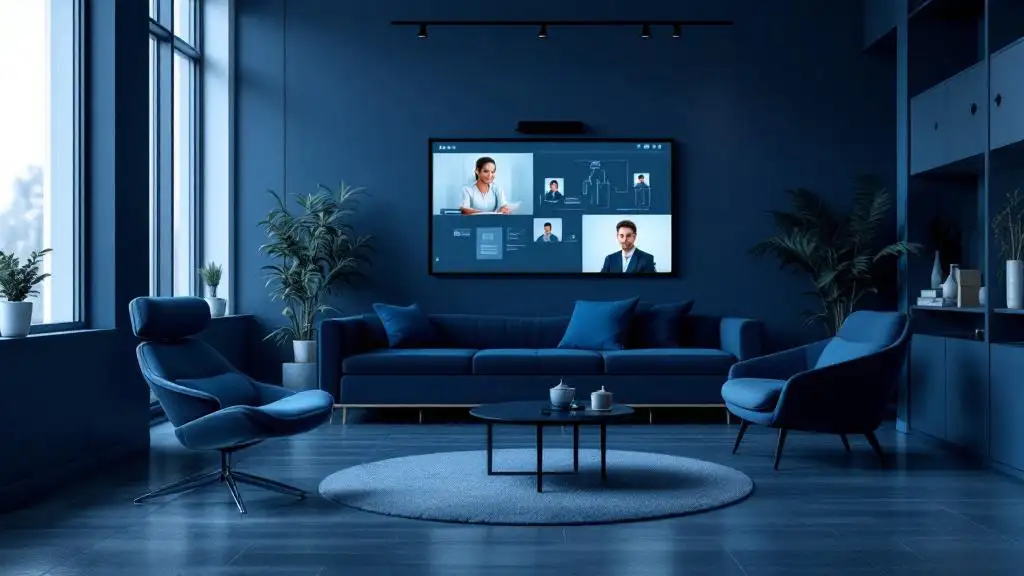






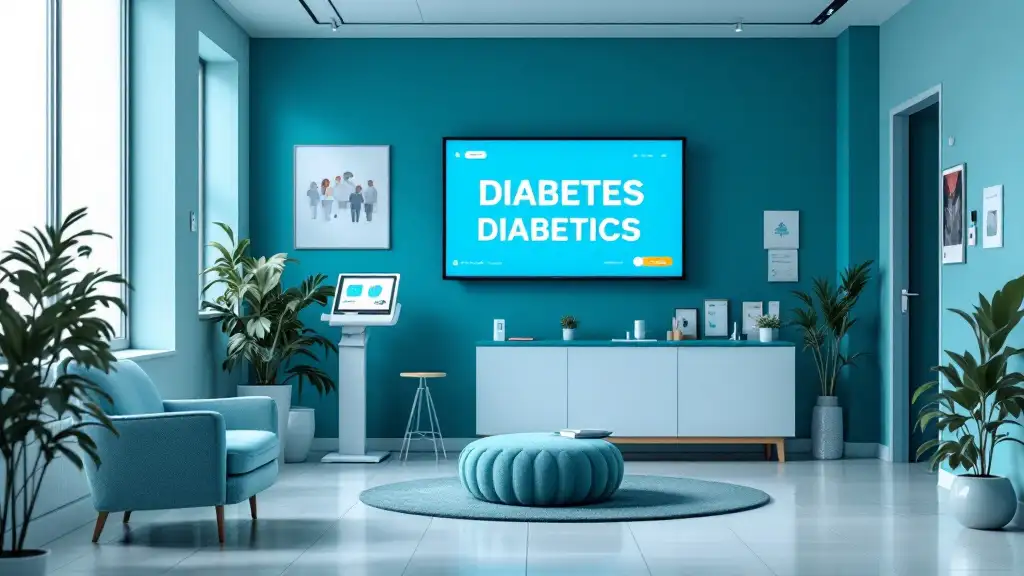
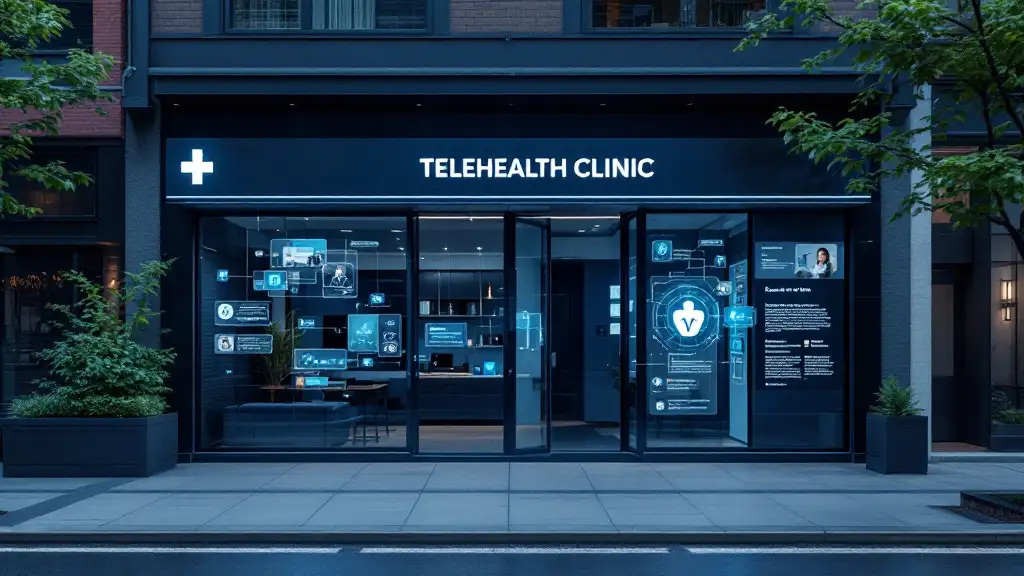
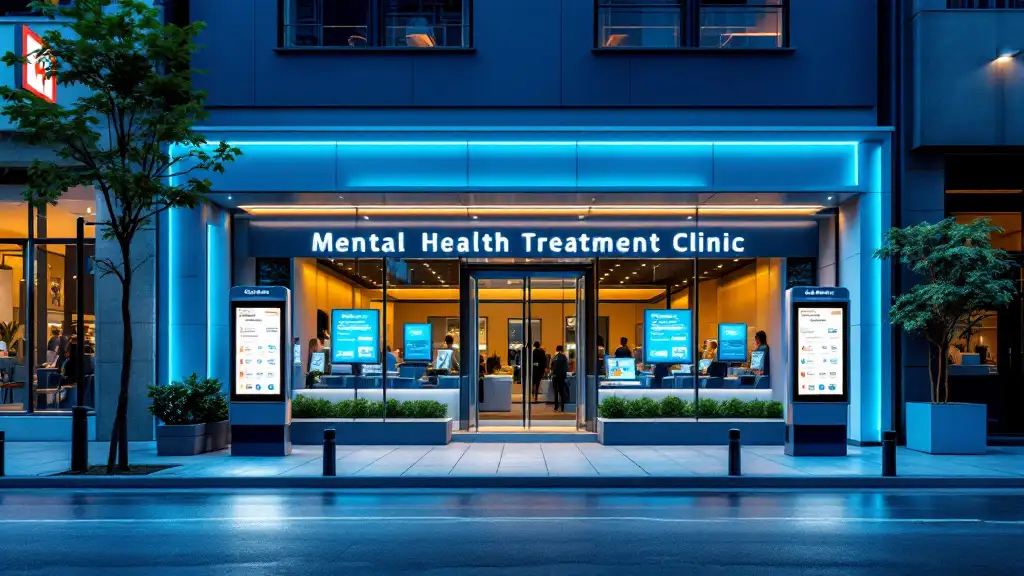












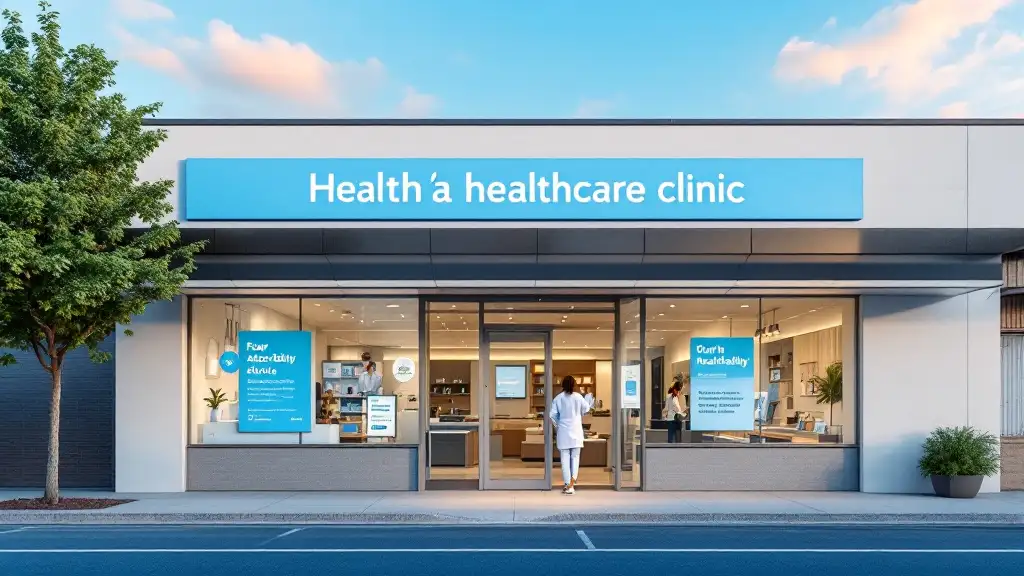




















































.png)